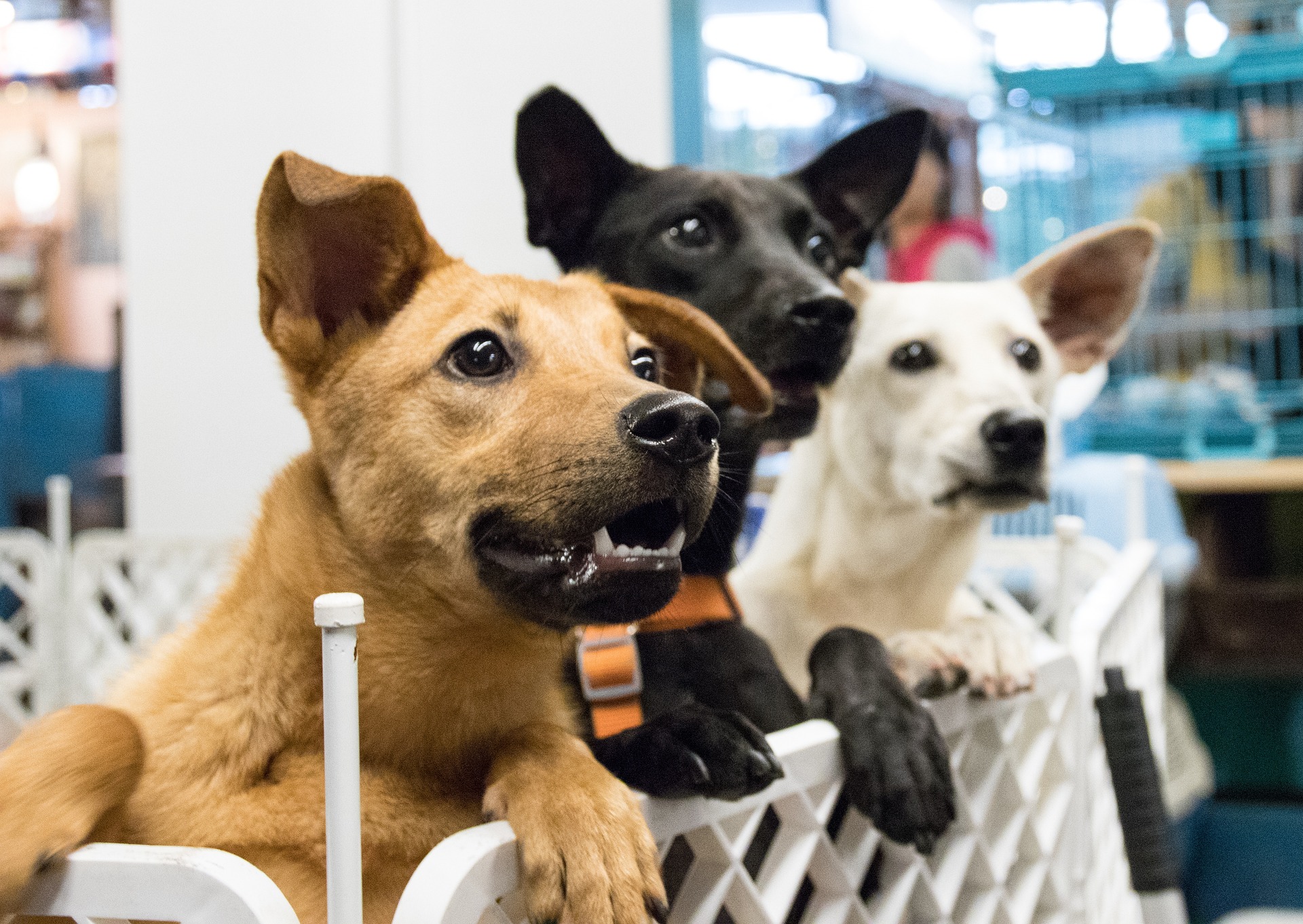The Evolution of Pet Adoption: How COVID-19 Has Changed the Game
The COVID-19 pandemic has drastically changed many aspects of our lives, and pet adoption is no exception. As people across the globe found themselves locked down at home, many turned to pets for companionship and comfort, leading to a surge in pet adoption rates. But how has the pandemic changed the process of pet adoption, and what does this mean for the future? Read below to delve into these intriguing developments.
The Boom in Pet Adoption
With people worldwide compelled to stay home, the number of individuals seeking furry companions skyrocketed. Shelters and rescue organizations reported a significant increase in adoption applications, and many were even cleaned out for the first time in their history. The reason behind this surge is simple: pets offer emotional support and companionship, especially in challenging times.
The Shift to Virtual Adoption
One of the most significant changes brought about by the pandemic is the shift towards virtual adoption processes. With social distancing measures in place, many shelters and rescue organizations moved their operations online. Prospective adopters could view profiles of available pets online, complete applications, and even conduct virtual meet-and-greets through video calls. This digital transformation has made pet adoption more accessible and convenient for many people.
The New Challenge: Post-Pandemic Pet Retention
While the boom in pet adoption during the pandemic is positive, it also poses a new challenge: ensuring that pets remain in their new homes post-pandemic. As people return to their normal routines, some pets may face abandonment or return to shelters. To combat this, many organizations are offering support and education to new pet owners, emphasizing that pet adoption is a long-term commitment.
The Changing Perception of Shelter Pets
Another positive outcome of the pandemic is the changing perception of shelter pets. The surge in demand for pets has led to a decrease in breed-based discrimination and an increase in the adoption of older and special-needs pets, who are often overlooked. This shift in attitude is a huge win for animal welfare organizations who have long advocated for the adoption of shelter pets.
The Future of Pet Adoption
The future of pet adoption post-pandemic remains uncertain. However, the trends suggest that the digital adoption process is here to stay. With the increased accessibility and convenience it offers, virtual pet adoption could become the new norm. Moreover, the pandemic has highlighted the importance of pets in our lives, increasing the likelihood of sustained demand for pet adoption.
Useful Tips and Facts:
- Before adopting a pet, consider your lifestyle and the pet’s needs to ensure a good match.
- Remember, pet adoption is a long-term commitment and should not be taken lightly.
- Make use of online resources provided by shelters and rescue organizations to prepare for pet ownership.
In conclusion, the COVID-19 pandemic has redefined pet adoption, making it more accessible and changing perceptions of shelter pets. While challenges lie ahead, the developments brought about by the pandemic hold promising implications for the future of pet adoption. As we navigate these changes, it’s crucial to remember the ultimate goal: providing loving and stable homes for animals in need.





